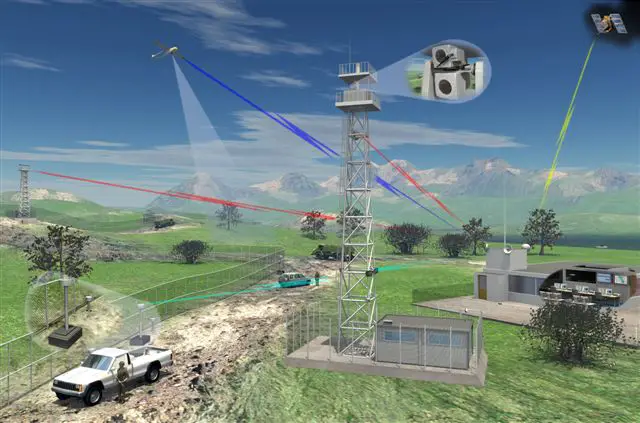Different types of Wireless Networks



There are two types of wireless network. Indoor wireless & Outdoor wireless. Indoor wireless is used to connect a number of PCs via Wireless. In outdoor, there are two possibilities.
Outdoor is basically used to connect different sites via wireless network. Below Picture is an example of outdoor wireless network. It connects different locations at a time.




We all know that wireless network is not the actual word to use but we have three different types of wireless networks.
Wide area networks that are used by cellular towers and companies. For eg: GSM/GPRS, Data network technology, Edge in 2004 Wireless local area networks which are created by us. For eg: – 802.11 – This is the network technology used in wireless LANs and 802.11a. 802.11b, etc., differing in speed and other attributes.
WiFi is the common and popular name of 802.11b standard. Wireless LANs are networks which provide wireless connectivity, within a given range. For example, I am using a wireless network via my Laptop and the router provided by my service provider gives me a particular range to connect my laptop to the router, through wireless connection.
Personal area networks are automatically created, popularly known as PAN. PAN is a computer network around only one person, which involves a mobile computer, a cell phone or any computing device such as PDA. Personal Area Networks are not the same as WANs.
In the WAN and WLAN cases, we need to set up the network first, then after getting the signals the device is connected and we can use it. In PAN there is no independent pre-existing network.


Although we use the term wireless network loosely, there are in fact three different types of network.
Wide Area Networks
Wide Area Networks include the networks provided by the cell phone carriers such as Bell Mobility, Telus Mobility and Rogers Wireless. Originally providing cellular voice services, the carriers added data services as well, at first by overlaying digital data services on top of the early analog voice services, and later by building out brand new generation voice-plus-data networks.
Wireless Local Area Networks
Wireless LANs are networks are set up to provide wireless connectivity within a finite coverage area. Typical coverage areas might be a hospital (for patient care systems), a university, the airport, or a gas plant. You would use WLANS when high data-transfer rate is the most important aspect of your solution, and reach is restricted. For example, in a hospital setting, you would require a high data rate to send patient X-rays wirelessly to a doctor, provided he is on the hospital premises.
Personal Area Networks
These are networks that provide wireless connectivity over distances of up to 10M or so. At first this seems ridiculously small, but this range allows a computer to be connected wirelessly to a nearby printer, or a cell phone's hands-free headset to be connected wirelessly to the cell phone. The most talked about (and most hyped) technology is called Bluetooth.


Hi Yogesh,
I have read some articles and forums regarding with your concern and attached it below.
I hope that it would help you a lot with your problem.
Thanks.
Goram Ian
